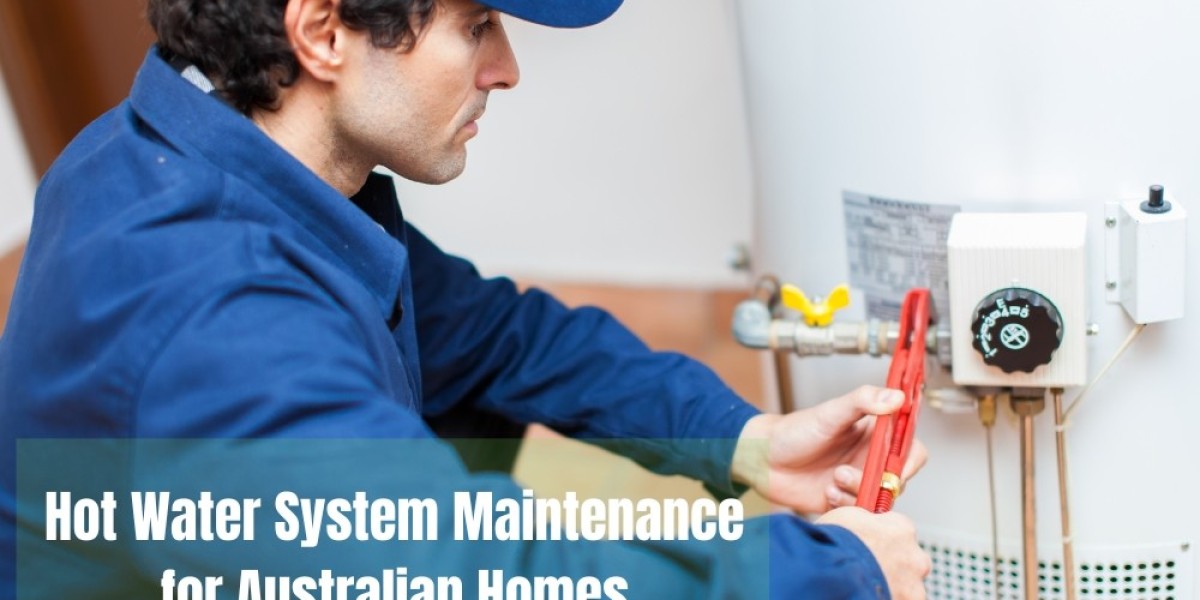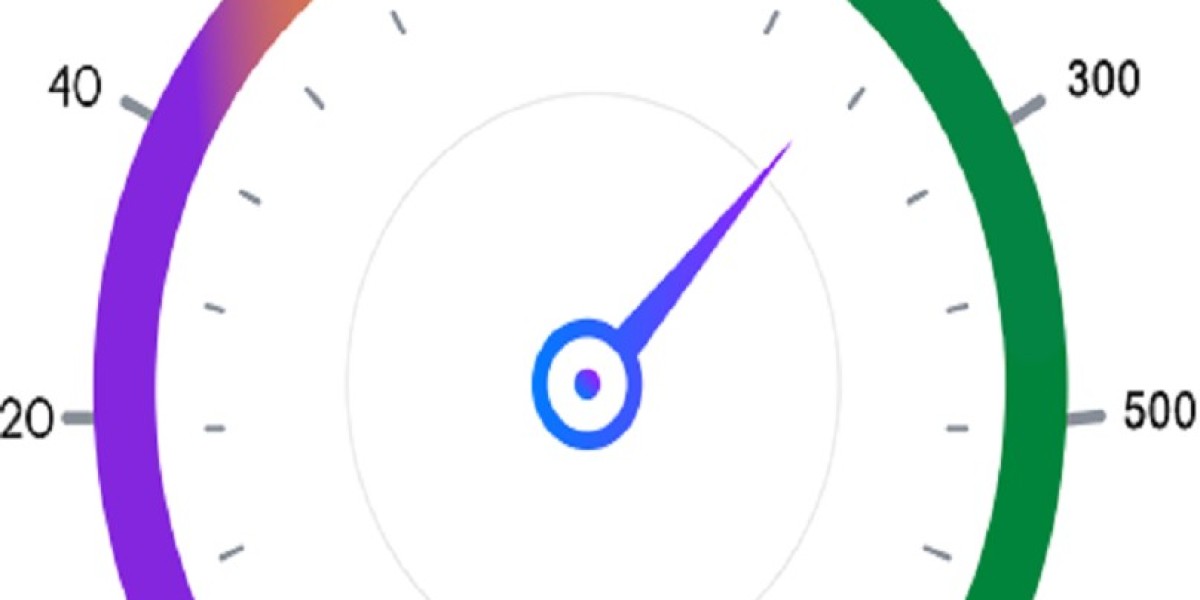Why hot water system maintenance matters more than you think
When was the last time you thought about your hot water system? If you're like most homeowners, it’s probably only crossed your mind when something’s gone wrong, usually in the middle of winter, when a warm shower turns ice cold.
But here’s the thing: your hot water system works hard, day in and day out. It’s easy to forget it’s even there—until it breaks. That’s why regular hot water maintenance is one of the smartest (and most affordable) ways to avoid costly repairs or early replacements.
A plumber mate of mine in Newcastle told me he gets the same emergency call at least once a week during winter: “No hot water.” Nine times out of ten, it’s an issue that could’ve been caught earlier with a basic annual check-up.
So, if you’re keen to protect your investment, lower your energy bills, and avoid sudden cold showers, let’s get into the simple but often overlooked essentials of hot water maintenance.
Know your system: storage vs continuous flow
Not all hot water systems are built the same, and your maintenance routine depends heavily on what you’re working with.
Storage systems (electric or gas): These use a tank to hold hot water. Most common in older homes.
Continuous flow systems (a.k.a. tankless): Heat water on demand and are generally more efficient.
If you’re unsure what you’ve got, take a look at your system for a model number and Google the specs—or better yet, ask your plumber during the next service.
Storage systems tend to need more regular attention because they involve valves, sacrificial anodes, and a pressure tank. Ignoring those components for too long can lead to sediment buildup, rusting, or early failure.
Signs your hot water system needs attention
You don’t have to be a tradie to spot when something’s off with your hot water system. Here are a few red flags to keep an eye (or ear) out for:
Water takes longer to heat than it used to
Inconsistent temperatures, especially during longer showers
Strange noises like popping or hissing are coming from the tank
Discoloured water or a metallic smell
Visible leaks or corrosion around fittings and valves
In one case, I had a homeowner in Brisbane call after noticing rust on the base of their tank. Turned out the sacrificial anode hadn’t been changed in over 10 years. A $100 service could’ve prevented a full tank replacement.
Easy at-home checks between services
You don’t need to wait for a tradie to do everything. Here are a few quick things you can check yourself every few months:
Test the temperature-pressure relief valve (TPR): Lift the lever to ensure water flows freely. This prevents overpressure.
Look for leaks around the base of the unit or near pipe connections
Keep the area around the system clear: Debris and clutter can lead to fire hazards or restrict airflow
Watch your power or gas bill: Unexpected spikes may indicate the system is working harder than it should
The eco bonus: how maintenance can cut energy waste
Aside from avoiding breakdowns, regular maintenance can also help make your system more efficient. That’s good news for your wallet—and the planet.
Things like sediment buildup in storage tanks can force your system to work harder, using more electricity or gas than necessary. A clean system is a happy system.
You might also want to consider upgrades to energy-efficient water systems, especially if your current setup is more than 10–12 years old. Options like solar-boosted systems or heat pumps can slash your bills long-term and make your home greener.
One Sydney couple I worked with swapped out an old electric tank for a solar-boosted gas model. It wasn’t cheap up front, but their quarterly energy bills dropped by 40%—and they haven’t looked back.
When to call in a licensed plumber
Some things you can check on your own. But when it comes to actual repairs or complex maintenance, it’s best to leave it to the pros.
The hot water is turning brown or smells metallic
You hear banging or rumbling sounds
Water pressure suddenly drops
You haven’t had a service in 2+ years
You suspect a leak inside the tank itself
Routine servicing includes flushing the tank, checking the thermostat, inspecting connections, and replacing the anode if necessary. It’s not glamorous work, but it’s what keeps your system running safely and efficiently.
Plumbers also keep records, which helps if you ever need to claim warranty repairs or resale certifications down the track.
How long should a hot water system last?
The typical lifespan of a hot water system varies, but here’s a general rule of thumb:
System Type | Expected Lifespan |
Electric storage | 8–12 years |
Gas storage | 8–10 years |
Continuous flow (gas) | 10–15 years |
Heat pump | 10–15 years |
Solar with booster | 15–20 years |
Of course, this depends on your water quality, climate, usage, and whether you’ve been maintaining it regularly.
If you’re unsure where yours stands, it’s worth reading up on the hot water system lifespan to help plan for eventual replacement.
And if you’ve had your system for more than a decade without any professional servicing, well, it might be time to get it checked out sooner rather than later.
Final thoughts: hot water, cold facts
Hot water is one of those things you don’t appreciate until it’s gone. But the reality is, with just a bit of attention each year, your system can last longer, run cheaper, and give you fewer surprises.
Know your system and its weak points
Check for leaks, rust, or strange sounds
Flush and service it every 1–2 years
Upgrade to energy-efficient models when needed
Keep an eye on age and plan for replacement
If you’re someone who likes to DIY around the house, check out plumbing tips for homeowners—you’ll find extra advice that helps keep your whole plumbing system humming along.
And remember, a little maintenance now beats an emergency call-out later.








